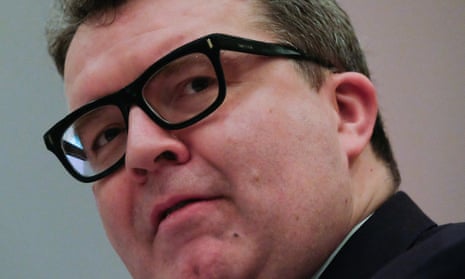David Cameron should ban hedge funds from trying to cash in on the EU referendum by commissioning private exit polls to speculate on sterling before the official result, Labour’s deputy leader has said.
Tom Watson, the party’s second-most-senior politician, said it was not right that financial institutions are looking to make quick money out of betting on the UK’s currency, as British voters make their most significant political choice in a generation.
He urged the prime minister to intervene after the FT reported that banks and hedge funds have approached pollsters, hoping to be the first to reap the rewards from a swing in the value of the pound.
Watson also suggested that there should be a wider look at the polling industry and the impact of its research on elections and political decision-making. “Hedge funds who commission their own private exit polls stand to make many millions of pounds learning the likely outcome of the referendum hours before the UK government and the British people find out if we have voted to leave or stay in the EU,” Watson said.
“Information about a historic vote that will shape the future of our continent should be made available to everyone at the same time, not shared among a privileged few whose only motive is to gain financially by attempting to predict the outcome. I hope the government will put measures in place to prohibit this avaricious plan by financiers to benefit from information that belongs to every voter.
“In the longer-term, it’s time we took a long, hard look at how the opinion poll industry in the UK, whose findings are often unreliable, impacts on our elections, media coverage and political decision-making.”
The polling companies appear to be trying to exploit a loophole in electoral law that allows exit polls on the day of the referendum but forbids them being published before polls close at 10pm.
Ben Page, chief executive of Ipsos Mori, said: “Client confidentiality prevents us from giving details of which companies have approached us to undertake work for them.
“That said, there’s certainly been increased interest in our own EU referendum polling, particularly as the referendum gets closer and our most recent figures appeared to affect the currency markets.”
The pound fell against the dollar early in the EU referendum campaign after researchers at HSBC warned that sterling could see its value drop by a fifth if the UK votes for Brexit.
Its value has recovered since then as polls have seemed to suggest that the remain camp is ahead in the polls. However, it slid again on Tuesday after the Guardian’s ICM poll became the third to give a lead to the leave camp.

Comments (…)
Sign in or create your Guardian account to join the discussion